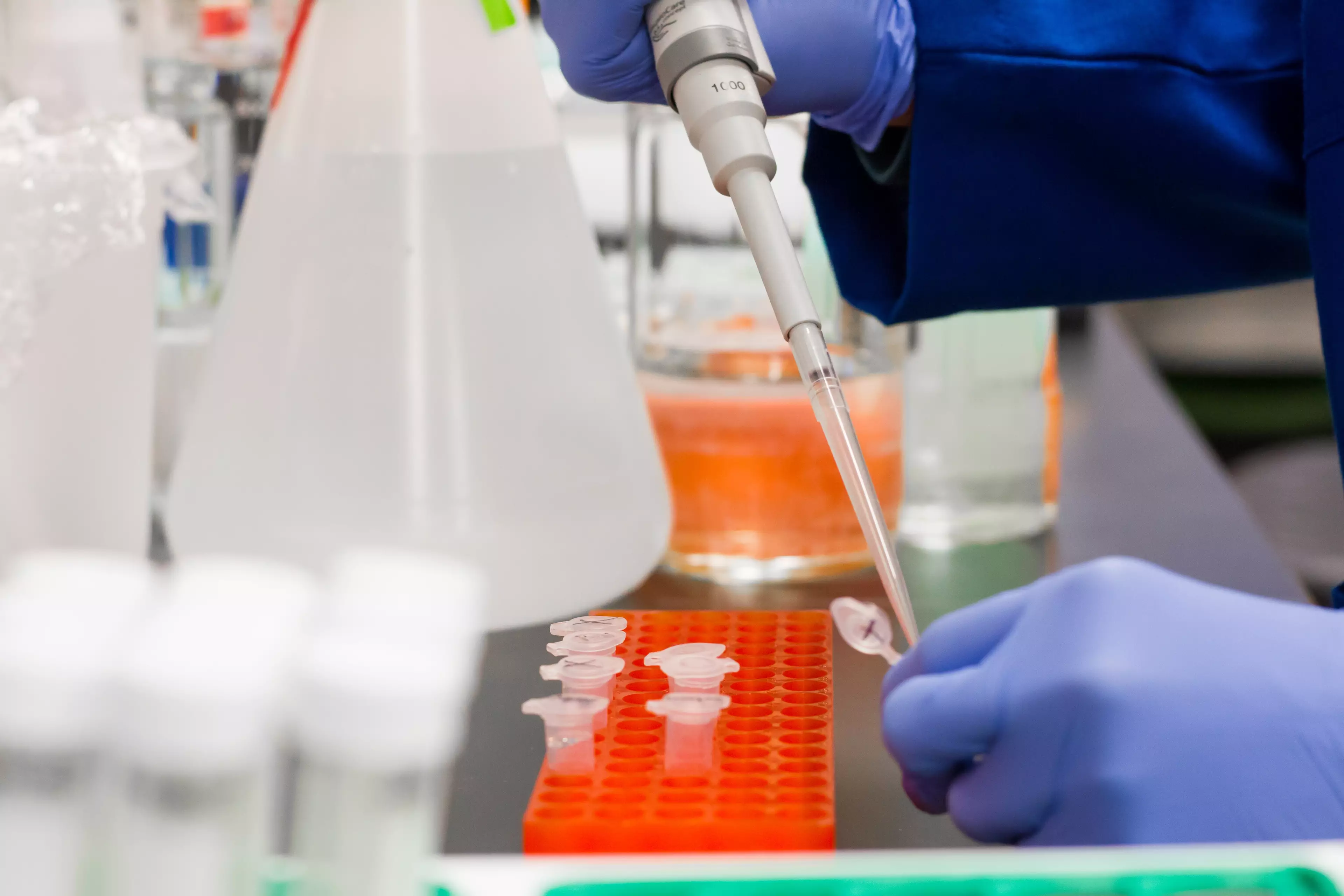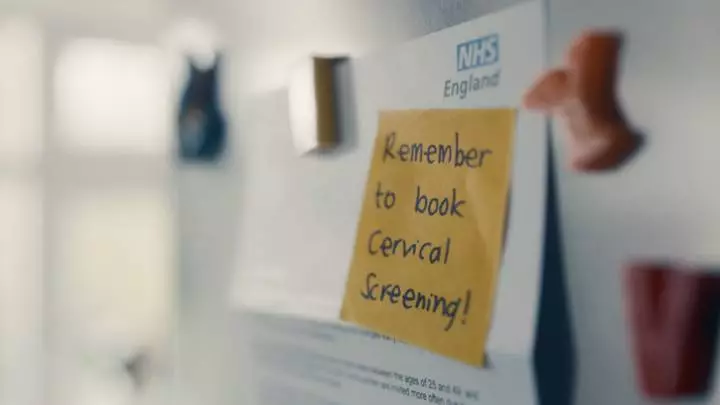
Last month, Tyla was thrilled to share the story of Courtney Green filming her first smear test for an episode of TOWIE. With attendance of NHS cervical cancer screenings at a 21-year low, raising awareness of smears has never been more crucial.
But a simple at-home pee test could soon revolutionise the entire smear process, it has been reported. If that's the case, we could see traditional GP smear checks replaced within the next 3 years.
Advert
In a pilot trial headed up by Dr Belinda Nedjai, Director of the Molecular Epidemiology Lab at Queen Mary University of London, it was discovered that analysing urine samples was more accurate than traditional smear methods at picking up early cervical cancer.
The main cause of the disease is infection with human papillomarivus (HPV), responsible for 95 per cent of cases.

New non-invasive pee tests work by detecting the small shifts in DNA that indicate possible infection.
Advert
The pilot, involving 620 women with abnormal smear tests or positive HPV results, revealed that urine checks correctly identified high-risk pre-cancerous cells in 96 per cent of samples, compared with 73 per cent using traditional tests.
The new technique would enable women to test themselves from the comfort of their own home at a time suited to them, eliminating common causes of non-attendance to smear tests such as embarrassment and inconvenience.

NHS costs of repeat testing could also be reduced.
Advert
"The study indicated that women much preferred doing a test at home than attending a doctor's surgery," said Dr Belinda Nedjai.
"The initial use of self-sampling is likely to be for women who do not attend clinic after a screening invitation and countries without a cervical cancer screening programme," she continued. "In the longer term, self-sampling could become the standard method for all screening tests."
A further trial involving 100,000 participants is planned, before (hopefully) implementing the test nationally - so, watch this space.
Featured Image Credit:Topics: Science, Life News, News, Cervical Cancer, NHS, Health